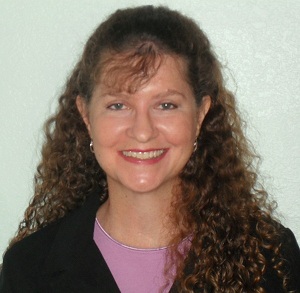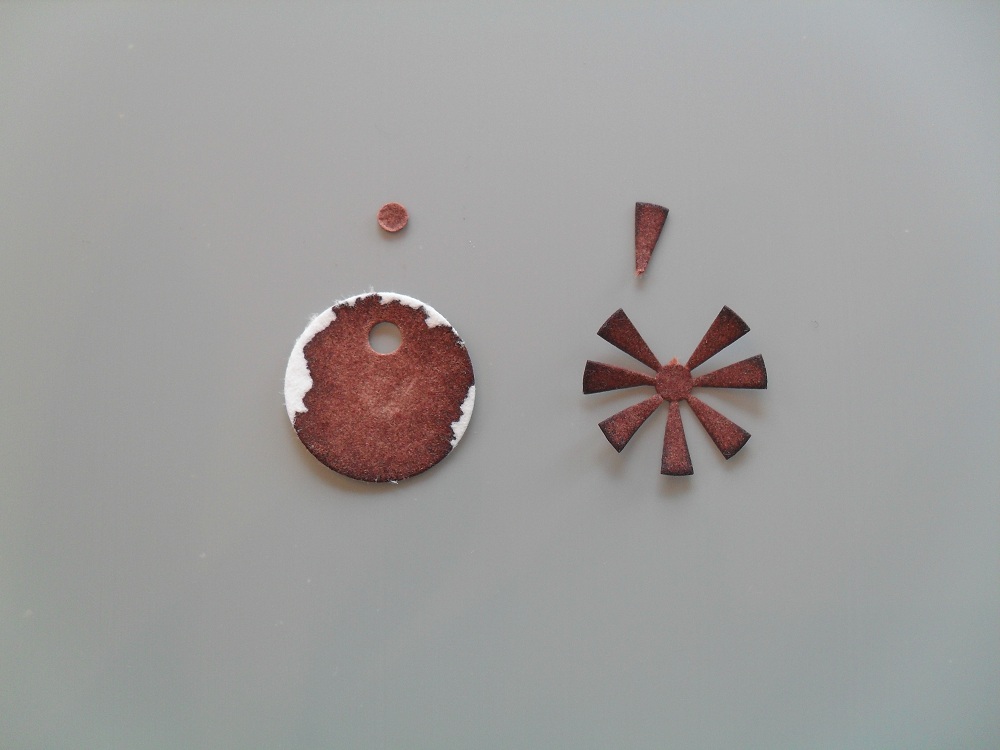Spot On Sciences Simplifies Blood Tests for Elderly and Remote Patients

This ScienceLives article was provided to LiveScience in partnership with the National Science Foundation.
Jeanette Hill is founder and CEO of Spot On Sciences, offering medical devices designed to improve biospecimen collection for medical diagnostics. HemaSpot, the initial product, offers simplified remote blood collection by finger stick and sample shipment by mail. For example, for elderly patients, taking a sample by HemaSpot would be "less invasive, less painful" than venipuncture, according to a nursing home facility director. Blood sampling is greatly simplified for patients in remote locations such as rural areas, those who are homebound, military in the field and healthcare workers in developing nations. Instead of traveling to a clinic to get blood drawn for a fasting blood test, and missing coffee or breakfast, users simply get out of bed, take a blood sample with HemaSpot, and drop it in the mail. Long-term stability and ease of sample storage allows for long-term storage that enables future testing, such as comparison of historical to current patient status or for newly discovered diagnostic tests. Hill has 20 years of experience in pharmaceutical research and management in both academic and biotech settings. She is a recipient of the Cartier Women's Initiative Award for her work on Spot On Sciences. Hill participated in the NSF-funded ACTiVATE® program, an entrepreneurship training program that teaches technical and business skills to help women create their own companies. Learn more about Hill as she answers the 10 ScienceLives questions below.
Name: Jeanette Hill Age: 49 Institution: Spot On Sciences Field of Study: Diagnostics at home
What inspired you to choose this field of study?
Traveling to a phlebotomist for a diagnostic blood sample is a large burden for elderly, home-bound and remote patients. My elderly mother, for example, routinely wakes up at 5 a.m. and can't eat or take her medicine until after having a sample taken by venipuncture several hours and 40 miles later; this negatively affects her health for days. From my work in pharmaceutical research, I was familiar with the advantages of dried blood spot technology and had an idea that it could be used for routine blood sampling if we could simplify the collection methods. Thus, our HemaSpot device was born.
What is the best piece of advice you ever received? No matter how many times it doesn't work, it is not a failure if you learn something new from each iteration. Science, like anything else of consequence, requires perseverance and patience, and experiments very rarely work perfectly the first time. But you also have to recognize when it is time to move on to try something different.
What was your first scientific experiment as a child? As a child, my father and I used to watch a storm front come in from our front porch swing on our Missouri farm. It felt like magic that you could measure the distance by counting seconds between the lightning and the thunder. Years later I read Carl Sagan's "Dragons of Eden," and felt a thrill and affinity for the clarity and power of scientific reasoning and methods — I knew that I had found a home.
Get the world’s most fascinating discoveries delivered straight to your inbox.
What is your favorite thing about being a researcher? When new ideas and data lead you to a new area — I love digging into the research and knowledge previously discovered by very smart people and then trying to build on that information to create or discover something new.
What is the most important characteristic a researcher must demonstrate in order to be an effective researcher? Creativity to think of new ideas and stubbornness to see those ideas created into something worthwhile, even if you don't end up where you expected.
What are the societal benefits of your research? Our research improves healthcare access while decreasing costs, a major challenge to the world's economies today, especially as the average population ages. Diagnostic testing has been shown to reduce costs and improve health by pointing to an optimal treatment. We offer an innovative solution to improve healthcare access by providing a simple device for blood-sample collection for home use, which is especially useful for home-bound, remote and elderly patients.
Who has had the most influence on your thinking as a researcher? I have had many excellent scientific and business advisors over the years that have helped in so many ways. Also, I have always been a big science fiction fan and am sure that many experiments and areas of interest were influenced by ideas that I read in books by some of the great sci-fi authors.
What about your field or being a researcher do you think would surprise people the most? When blood is dried on a filter paper, it is stable for years at room temperature. Also, from a tiny spot of blood more than 30 diagnostic tests can be done.
If you could only rescue one thing from your burning office or lab, what would it be? Once everyone was out and safe, I would probably grab lab notebooks. And my laptop, since the backup files are probably not up to date.
What music do you play most often in your lab or car? Living in Austin, Texas, the self-proclaimed "Live Music Capital," it is almost required that you listen to radio stations that highlight local music. In the lab and office it is usually my iPod on shuffle which is a bit heavy on Pearl Jam, Dave Matthews Band and Scott Joplin/ragtime.
Editor's Note: This research was supported by the National Science Foundation (NSF), the federal agency charged with funding basic research and education across all fields of science and engineering. Any opinions, findings, and conclusions or recommendations expressed in this material are those of the author and do not necessarily reflect the views of the National Science Foundation. See the ScienceLives archive.
Editor's Note: This article has been updated to remove a quote from the Texas Medical Association: HemaSpot.




